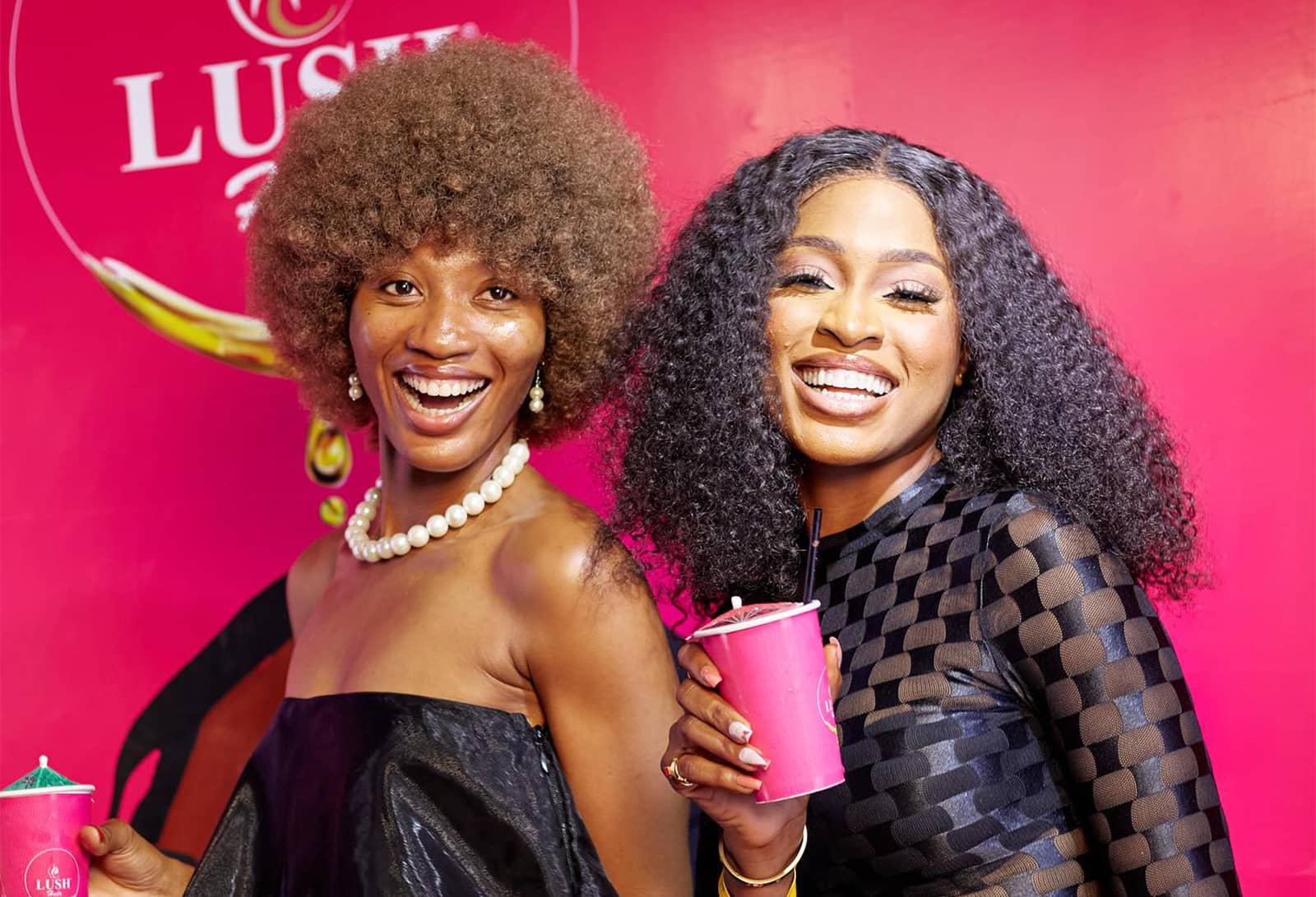
Around April 2021, Lush Hair, a Nigerian premium hair extensions company, was thinking about how to grow public awareness of its company from 10% to about 30% before year end. In October of that same year, the company was announced as one of the official sponsors of the Heineken Lagos Fashion Week. It was the company’s first rodeo on the scene, and it signed a two-year contract with the fashion week platform. This would later turn out to be one of the most impressive experiences for viewers and attendees as the company made an electrifying performance during its showcase. Lush Hair had invited the celebrity entertainer and one of its ambassadors, Denrele, who on the runway tapped into the controversy of his crossdressing aesthetics in the conservative Nigeria. “It was unexpected, but it was beautiful,” Damilola Agboola, the Assistant Digital Marketer at Lush Hair Nigeria, tells BeautyMatter. “I think we trended for that entire week, and our numbers skyrocketed,” she says.
Since started in 2011, Heineken Lagos Fashion Week—founded by Omoyemi Akerele and under the housemanship of fashion production company, Style House Files—is arguably one of the most anticipated fashion events in the continent. Executed in the Federal Palace Hotel, a premium hotel situated in Victoria Island, Lagos, the annual event is the showcase of the season. It brings in loads of fashion enthusiasts, buyers, journalists, photographers, executives, and all creative lovers of African fashion and beauty.
Before Lush Hair came in as the official sponsors of the show, it was on the verge of rebranding and solely after audience awareness. The company reckoned that being a part of one of the most venerated fashion showcases, Lagos Fashion Week, was going to help them get there. At the time, the company changed its brand color from green to pink because it was being constantly mistaken for a competitor brand. “When the decision was made [in 2021] to be perceived as a premium brand, it became necessary to be in a space where we would find an audience that shared that same vision with us,” Agboola says.
After the electrifying performance on the 2021 runway, thanks to controversial Nigerian celebrities like Denrele, the annual showcases became extremely anticipated. “We checked on our sites, and saw that we began to get a lot of orders. Backstage, people came to us to tell us about how great the showcase was,” Agboola says, “and there were emails and Instagram DMs from people looking to model for us.” It was indeed an exhilarating experience, as one of the major reasons to officially sponsor the show—awareness—was being achieved.
However, Lush Hair isn’t just loved due to its performances and the quality of its products. The company’s marketing stance seems to have tapped into a market that was usually ignored in Nigeria: diversity and inclusion. The beauty industry is known to have certain standards including size, shape, skin color, and even hair type. On the Lagos Fashion Week runway, Lush Hair was intentional about these things, bringing in models of all sizes, shapes, and skin colors to walk the runway. “For us, we wanted to let it sink into the minds of our consumers that we were not segregating anyone. We had a tagline called ‘Be beautiful, everyone is beautiful,’ whatever your size, tone, shape, and skin,” Agboola says.” Also, in Nigeria’s current conservative climate, it is extremely difficult to see men involved in beauty. The Lush Hair team, however, signed Denrele as an ambassador and Tosin Idowu as lead stylist, pushing the sermons of inclusivity and diversity.
This year, as designers presented their SS/24 collections on the Lagos Fashion Week runway, Lush Hair also did the same, but in a much different tone. Normally the company would work with its hair stylists to create breathtaking styles for the models who would dress in plain pink dresses, only drawing attention to the hair. However, this year the company made entire garments from its hair extensions, with attendees cheering for such innovation.
